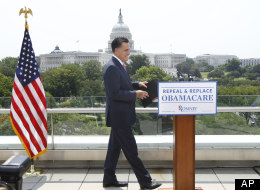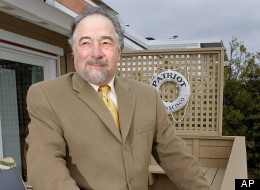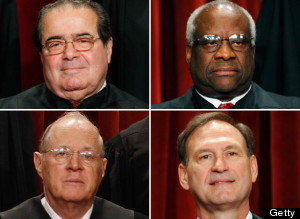OTTAWA – Prime Minister Stephen Harper’s minister in charge of protecting Canada’s fisheries does not appear to have an explanation for suggesting that the country needs new rules to “authorize” more water pollution.
Several days after Postmedia News reported he had made this argument in support of new environmental legislation, that was expected to be adopted on Friday, Fisheries and Oceans Minister Keith Ashfield has not offered to explain his own remarks.
Several days after Postmedia News reported he had made this argument in support of new environmental legislation, that was expected to be adopted on Friday, Fisheries and Oceans Minister Keith Ashfield has not offered to explain his own remarks.






























